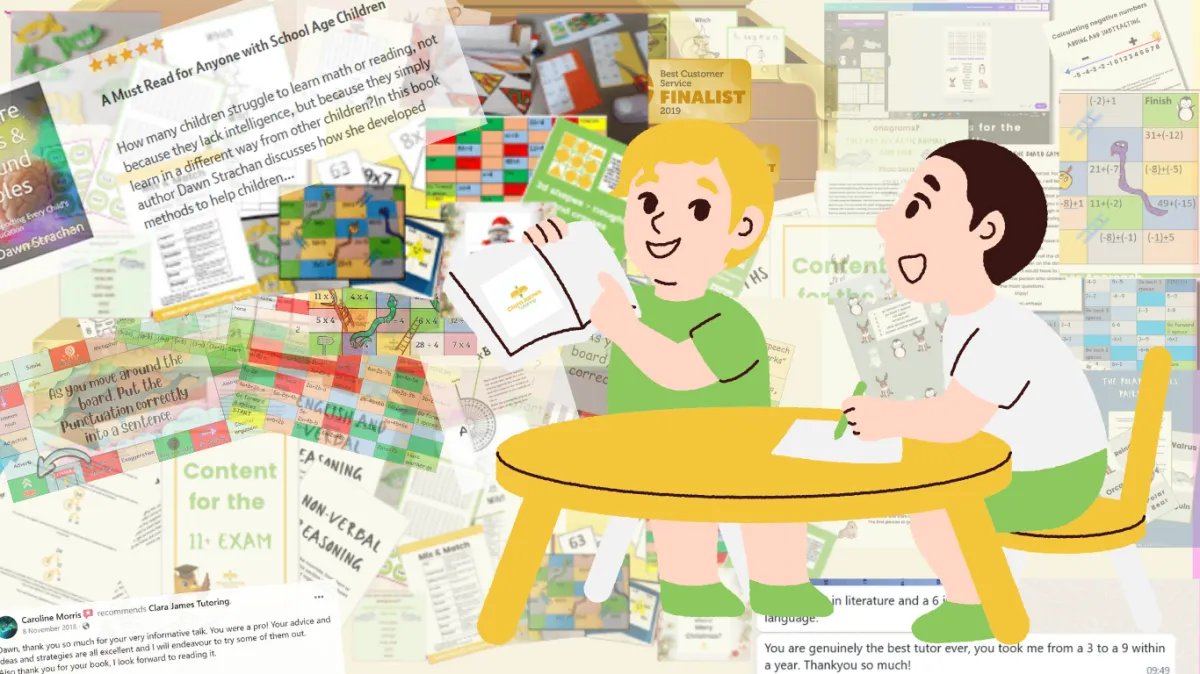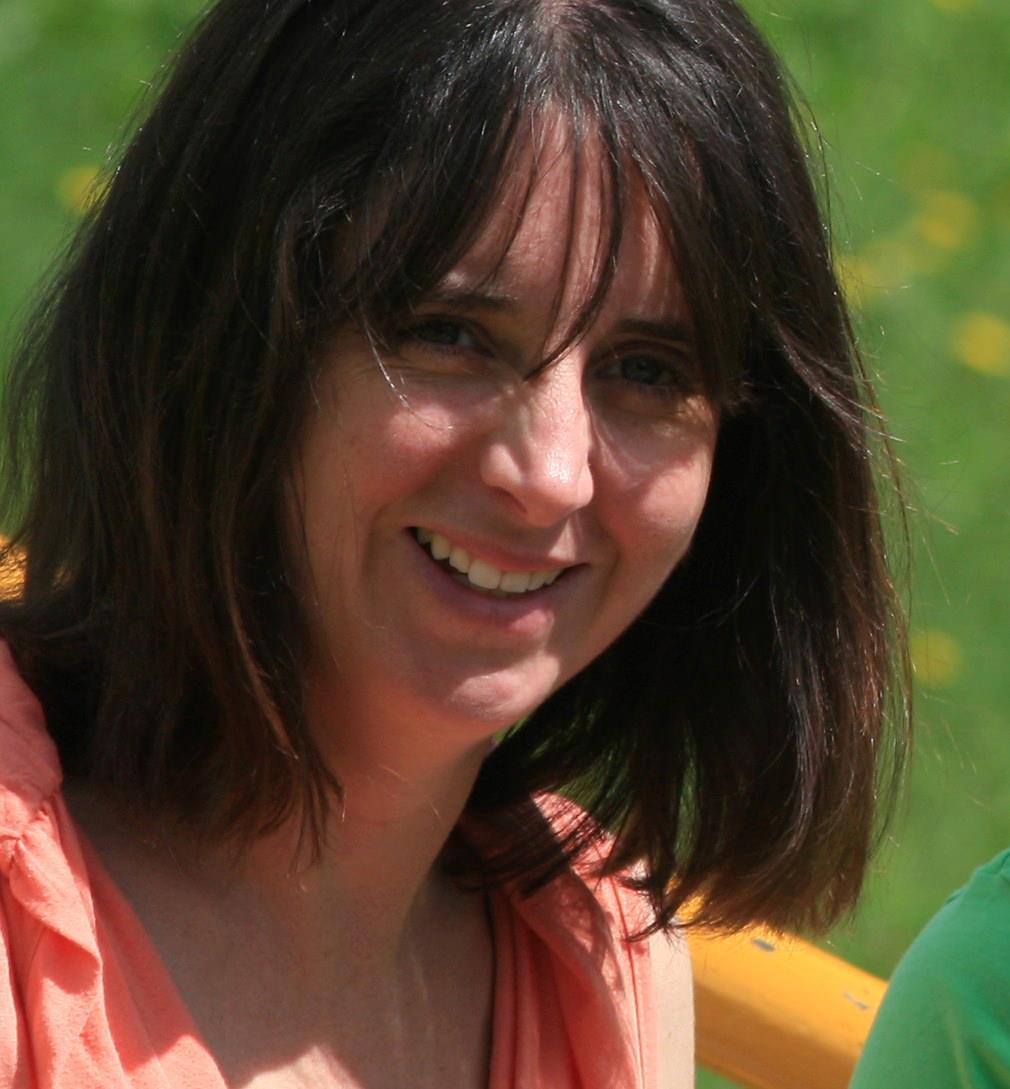
How do you tailor lessons to meet the needs of my child?
How do you tailor your tutoring approach to suit individual students?
I look at my brother and I, we are both very different. My brother is a genius and has always found retaining information relatively easy. I work hard and get there in the end. I look at my three children and they again are all uniquely different. They are all inspired by different things, have different ways of learning, have different goals and aspirations.
So, out of 5 people who have a very similar background, yet are all very different, how can we expect to embrace a bigger range of people with those that we work with and expect them all to want to learn the same thing, at the same time, at the same pace, in the same way.
Yet this is what many educators do. They generate a 1-style-suits-all program of education.

20 years ago, when I started learning about different learning styles one of the key things I learned was that if we provide our children with one form, one resource to learn we will help them to create one memory.
If we, for example, give them a second worksheet to do, we are helping them to strengthen that memory. However, their brain still only has one place to go to where they will find that piece of information.
However, if we provide them with a range of resources, we will help them to create multiple different memories making it easier to recall the information when needed.
So, at the beginning of each lesson, we will provide the child/student with a range of resources. It might be a code breaker, a formal worksheet, 2 or 3 games to choose from all focused upon the learning objective for that lesson.
The child can then choose the one that they feel will be most relevant to them.
Often over a series of lessons a pattern becomes clear as to what their preferred choices are. Some children will always choose games, others will never choose a game. Most will choose a range of resources.
This is their time, and the choice is theirs to make.
Through observations as we work, we can determine whether the work is too easy, or too hard. If they appear to be struggling, do we need to phrase the method differently. I think something we often need to reflect to our school days and think about how often it wasn’t the task that was necessarily difficult but the way it was explained that made little sense to us.
Is it our fault for not understanding, or the fault of the person who is supposed to be helping us to understand it for not explaining it in a way that makes sense to us?
By working with these observations, conversations with the child, and parents, when necessary, we can work to meet the needs of the individual child helping them to understand and retain the information that is needed to both get through the curriculum but also to pass any necessary exams.
If you have any questions about tutoring, please do send me an email to: info@clarajamestutoring.co.uk
If you are interested in joining us as a Clara James Franchisee, click here
